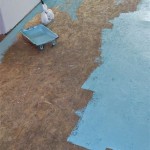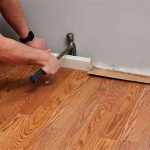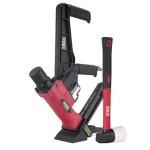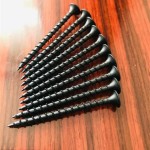Bamboo Flooring: Unraveling the Secrets of Water Resistance
Bamboo flooring has gained immense popularity as a sustainable and stylish flooring choice. However, when it comes to water resistance, many homeowners raise concerns. In this article, we delve into the essential aspects that determine bamboo flooring's ability to withstand water, equipping you with the knowledge you need to make an informed decision.
The Density Factor: Key to Resistance
Density plays a crucial role in determining bamboo flooring's water resistance. Higher density means tighter fibers, which makes the flooring more resilient to water penetration. Strand-woven bamboo, made by compressing and bonding bamboo fibers, exhibits exceptional density, resulting in enhanced water resistance compared to traditional bamboo flooring.
Manufacturing Method: Bonding and Sealing
The manufacturing process also influences water resistance. Horizontal bamboo flooring, where planks are made from the side of the bamboo stalks, has less water resistance than vertical bamboo flooring. Vertical bamboo flooring, created from the culm of the bamboo plant, features denser fibers and a stronger adhesive bond, providing superior water resistance.
Gluing and Installation: Attention to Detail
Gluing and proper installation are vital for maintaining water resistance. When installing bamboo flooring, it's essential to use high-quality glue and ensure a tight fit between planks. Leaving gaps or using inferior adhesives can compromise the flooring's ability to resist moisture.
Surface Treatments: Enhancing Protection
Surface treatments can further enhance water resistance. Engineered bamboo flooring typically has a protective finish that acts as a barrier against water penetration. When moisture does come into contact with the flooring, it beads up and can be wiped away before it seeps into the wood.
Maintenance and Care: Prolonging Durability
Proper maintenance is crucial for extending the lifespan and water resistance of bamboo flooring. Regularly vacuuming or sweeping removes dirt and debris that can scratch the protective finish. Avoid using harsh chemicals or abrasive cleaning products that may damage the surface. If spills occur, wipe them up promptly to prevent water from seeping into the flooring.
Final Thoughts
Bamboo flooring can provide excellent water resistance when its inherent properties are combined with proper manufacturing, installation, and maintenance practices. By choosing high-density bamboo, opting for vertical grain, ensuring proper gluing, and applying protective finishes, homeowners can enjoy durable and water-repellent bamboo flooring for years to come.

Is Bamboo Flooring Water Resistant The Company

Aquaseal 7mm W Pad Strand Carbonized Distressed Water Resistant Engineered Bamboo Flooring 7 5 In Wide Ll

Is Bamboo Flooring Water Resistant The Company

Water Resistant Bamboo Flooring Ll

Lifeproof Take Home Sample 12mm Waterproof Waverly Engineered Bamboo Flooring 5 In X 7 Hl 465561 The Depot

Waterproof Bamboo Flooring Separating Fact From Fiction

Aquaseal 7mm W Pad Latte Distressed Water Resistant Strand Engineered Bamboo Flooring 7 48 In Wide Ll

Bamboo Flooring Pros And Cons 2024

Indoor Household Flooring Bamboo Fiber Solid Wood Waterproof China Carbonized Strand Woven Industrial Floor Made In Com

Eco Forest Water Resistant Carbonized Engineered Bamboo Flooring Cleaning Living Room








